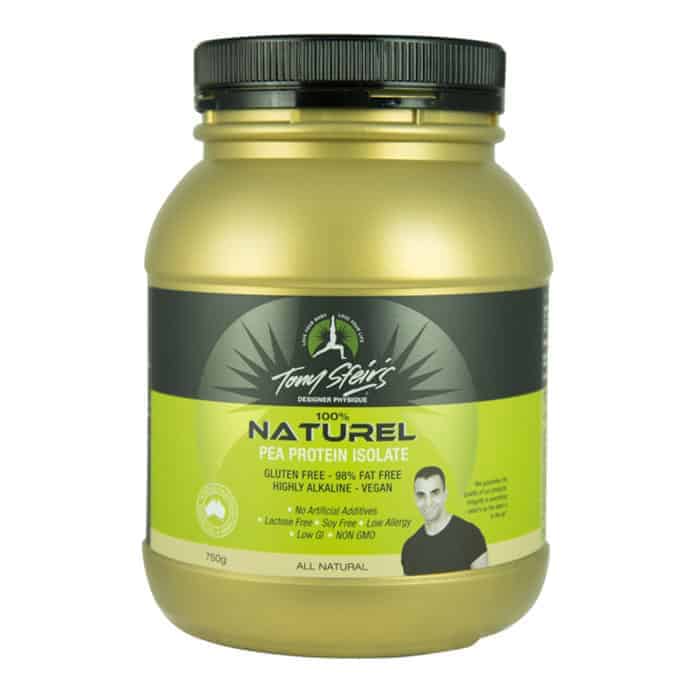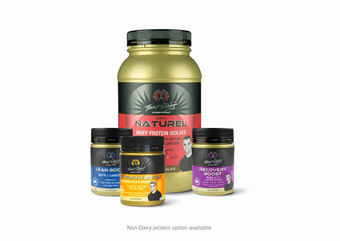Have you ever been enjoying your protein smoothie and thought how much easier would it be if the kids could have this for breakfast too? As a parent you want the best for your kids in all aspects of life, and with the busy schedules and picky eating habits that children have, wondering if your family is getting their daily requirements of protein and nutrients is a very common worry to have.
Unless categorised as a “food supplement”, you will notice that the majority of protein supplements contain warning labels stating that children under 15 years of age shouldn’t consume this product.
What the warning labels actually mean.
Due to supplement labelling regulations we and most protein supplement companies are unable to write that it is suitable for children on the labelling. This is a broad statement to ensure that individuals who are unaware of their child’s allergies/intolerances aren’t relying on feeding their children supplements that could potentially cause more harm than good.
How to navigate this with your family
However, provided that your child has no allergies or intolerances to our natural protein powder or any of the minimal ingredients it contains, our product is a suitable and safe option for your child when taken in moderation. As we only use natural and pure ingredients, we consider our products to be very family friendly as you can be confident your child isn’t consuming artificial colours, flavours, sweeteners and fillers while still receiving a high quality source of protein. For more information on the safety of our products during pregnancy, have a read here. We recommend if you have any further concerns to ask your family GP, dietician or nutritionist for further guidance on which source of protein would be best for your child.
How much protein does my child require?
Being the macronutrient that it is, protein is invaluable for supporting children through their growth and development. According to the most current research it is indicated that children aged between 4-13 years require a daily protein intake of 0.85g per kg of bodyweight while children who are between 14 – 18 years of age require 0.95g of protein per kg of bodyweight daily (Hudson et al., 2021). Our carob protein is a great protein powder choice that is suitable for the whole family to enjoy! If you are curious about how much protein an adult requires, check out our blog on adult protein requirements.
Can I consume protein during pregnancy?
While protein is a macronutrient essential for everyone, it is an extremely important nutrient needed throughout pregnancy, postpartum and to support breastfeeding (Stevens et al., 2014). For more information on the requirements needed during these phases and other considerations to be aware of read here. For further essential nutrients to support your pregnancy why not try one of our protein powders or greens boost to help give your body those extra nutrients that support foetal development and energy levels.
Keep it fun and interesting!
As with anything, kids can require that fun and excitement element to entice them to consume protein. Why not try one of our great recipes available to make meal time more exciting? Some great and easy kid friendly options to begin with are smoothies, protein balls and chocolate fudge! As different proteins have different textures and flavours, trying one of our sample packs is the best way to try out our protein on your family and see which protein source and flavour is going to work best for your family.
Don’t miss out, order your FREE sample pack today!
References
Hudson, J. L., Baum, J. I., Diaz, E. C., & Børsheim, E. (2021). Dietary Protein Requirements in Children: Methods for Consideration. Nutrients, 13(5), 1554. https://doi.org/10.3390/nu13051554
Stephens, T. V., Payne, M., Ball, R. O., Pencharz, P. B., & Elango, R. (2014). Protein requirements of healthy pregnant women during early and late gestation are higher than current recommendations. The Journal of Nutrition, 145(1), 73-78. https://doi.org/10.3945/jn.114.198622























